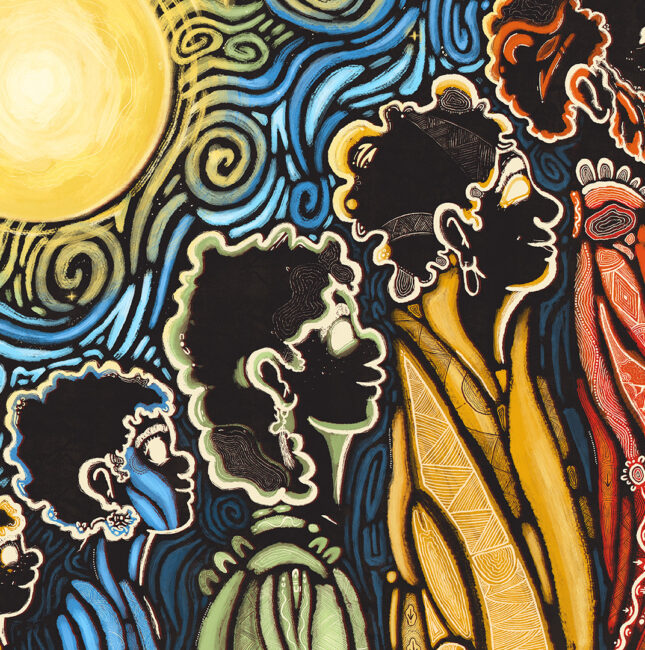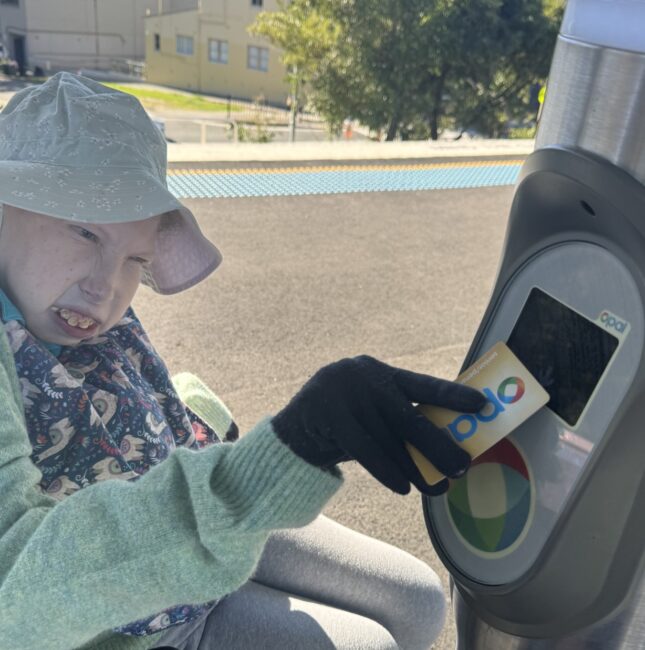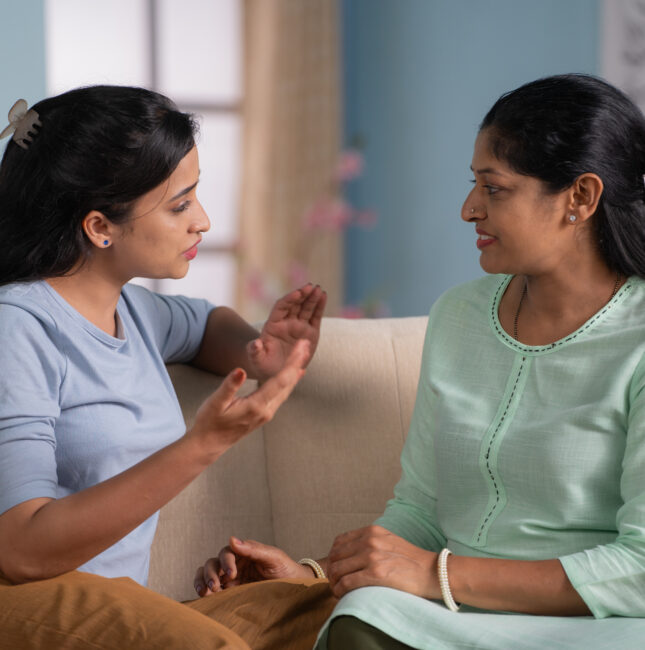Counselling helps Prisha recognise coercive control
April 20, 2023
“We had the privilege of supporting Prisha, aged 28 through her journey after receiving a referral from CatholicCare’s Family Connect and Support team,” says CatholicCare Counsellor Michele. “Prisha was born in India and her family still reside there. Prisha’s marriage had been arranged by her family and she moved to Australia with her husband after he received a job here in 2018. Prisha was already socially isolated through her circumstances but in addition to this, was not allowed to work or leave the house to meet new people. Prisha’s husband controlled all of their finances and would do the grocery shopping himself each week to ensure that he knew exactly what was being spent.”
Soon after Prisha arrived in Australia she became pregnant with their first child and through the midwife program, she was referred to CatholicCare. As she was unable to leave the house, Prisha accessed counselling through telehealth phone calls when her husband left for work.
“We explored Prisha’s situation from many different angles including the cultural expectations of her family, her loneliness, her fears regarding pregnancy and birth and her grief at the hopelessness she was feeling about her life,” Michele says.
We helped Prisha identify that she was living under coercive control, and over time she began to open up about her situation. “Prisha acknowledged for herself the impact of this relationship on her mental health and the impact it was having on her developing baby,” says Michele. “With Prisha’s permission, a referral was made to a women’s refuge and a Case Manager worked with Prisha on a plan to leave this relationship. There were many hurdles that Prisha faced over the months following, including overcoming immigration, financial, housing and family law issues. Despite the hurdles, she consistently attended counselling sessions where she processed the many emotions associated with leaving this relationship and facing an unknown future alone in a foreign country.”
Today, Prisha and her daughter live in a social housing apartment block where there are other women and children. Prisha is studying to be an accountant and spends her free time scrapbooking and making art. One of her artworks is proudly displayed in one of CatholicCare’s Family Centres with the following message aptly inscribed on it: “Big things often have small beginnings.”
Prisha’s story is not uncommon. “Often we see clients who are in crisis,” Michele says. “In every situation, we meet the client where they are at and journey with them through a safe and non-judgemental lens.”
More news stories like this one
NAIDOC Week 2025 – The Next Generation
CatholicCare is proud to celebrate NAIDOC Week y amplifying the voices, stories, and aspirations of Aboriginal & Torres Strait Islander people. This year’s celebrations are all about empowering the next generation of leaders - our young people who carry culture forward with pride, resilience and hope.
Read MoreTrain adventures give participants choice & control
When participants and their parents have their voices heard, wonderful things can happen. The words ‘choice and control’ are bandied about a lot in the disability space, but this story shows how crucial they are to a person’s wellbeing and happiness.
Read MoreDavika emerges from a web of violence
As they grew up, the two friends went their separate ways. Davika had settled into life as a single mum in India, and Priyanka had moved to Australia to marry an Australian man. Life, as Davika knew it, changed forever when Priyanka returned to India for a holiday with her husband and her husband’s Australian brother, Steve.
Read More


